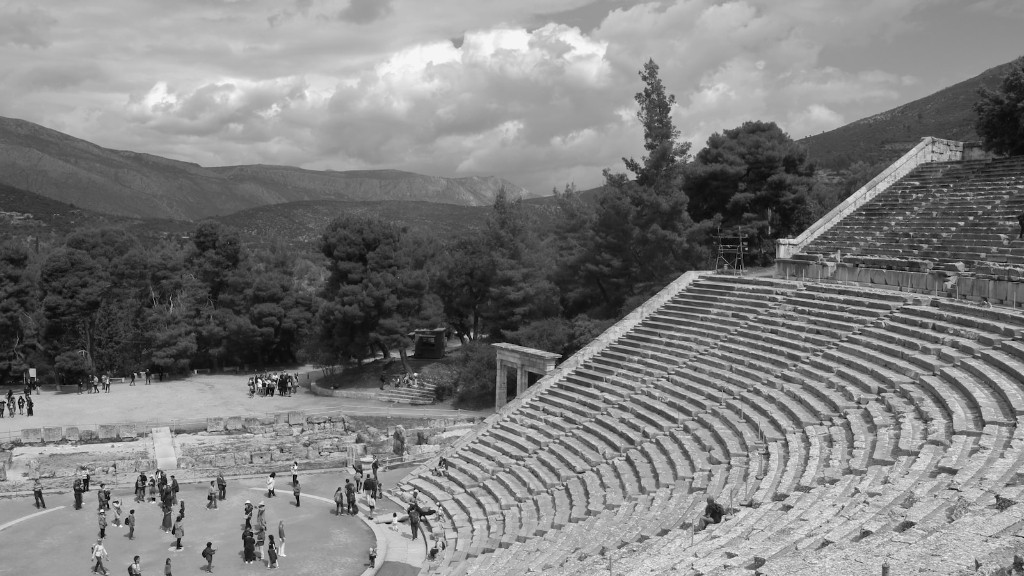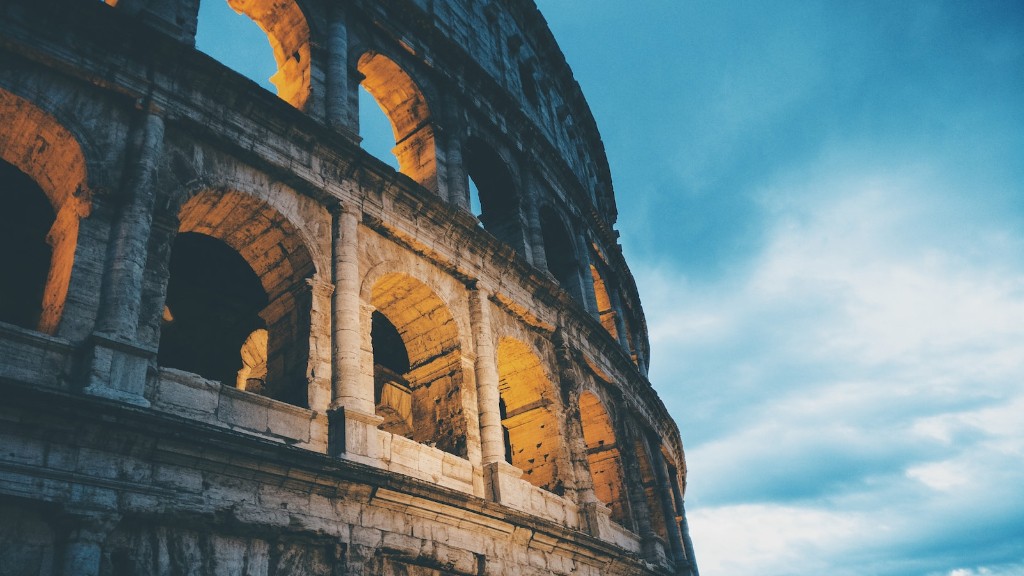Introduction
Ancient Greece, known for its rich history, has often been associated with remarkable advancements in art, philosophy, and politics. One aspect that often grabs attention is the close interplay between religion and economics in the ancient Greek society. This article aims to explore whether religion and economics were indeed intertwined during this period. By examining various pieces of evidence and drawing on both primary and secondary sources, we can gain valuable insights into this fascinating topic.
Historical Background
To understand the connection between religion and economics in ancient Greece, it is important to have a basic understanding of the historical background. Ancient Greek culture was marked by the influence of numerous gods and goddesses, with each city-state having its own patron deity. Religion played a vital role in the daily lives of the Greeks, permeating all aspects of society including politics, arts, and trade. At the same time, the Greeks were known for their flourishing economy, which relied heavily on trade and agriculture.
Economic Practices Shaped by Religion
The religious beliefs of the ancient Greeks had a profound impact on their economic practices. For example, temples were central to Greek religious life and served not only as places of worship but also as economic centers. These grand structures attracted pilgrims from far and wide, leading to increased economic activity in the surrounding areas. Additionally, offerings and sacrifices made at temples were also an integral part of religious practices, often involving valuable goods or currency. This influx of offerings not only contributed to the wealth of the temples but also supported local economies.
Economic Impact on Religious Festivals
Religious festivals held in honor of various deities played a significant role in ancient Greek society. These festivals were not only religious but also economic events. Festivals such as the Dionysia and the Olympics attracted large crowds of people, providing a platform for trade and commerce. Local merchants would set up stalls and sell their goods to visitors, contributing to the overall prosperity of the city. Additionally, these festivals often required significant financial resources, which led to the creation of funding mechanisms such as donations and sponsorships. This economic aspect ensured the continuity of religious festivities and further reinforced the connection between religion and economics.
Economic Influence on Religious Institutions
The economic influence on religious institutions can also be observed through the accumulation of wealth and resources by temples and religious organizations. Endowments in the form of land, property, and monetary contributions were commonly made by individuals and communities to support religious activities. These donations not only strengthened the socio-economic status of the religious institutions but also allowed them to finance various public projects and provide assistance to the needy. Furthermore, religious institutions often acted as banks, where individuals could deposit their money and valuable possessions for safekeeping. This economic role of temples further blurred the lines between religion and economics in ancient Greece.
Counterarguments and Limitations
While there is evidence to support the intertwining of religion and economics in ancient Greece, it is important to acknowledge counterarguments and limitations in our understanding. Some scholars argue that the economic aspects of religion were more incidental than intentional, with economic prosperity being a byproduct rather than a deliberate strategy. Additionally, the surviving sources may provide an incomplete picture of the relationship between religion and economics, as certain aspects could have been lost to time. It is crucial to approach the subject with caution and continue exploring new sources and perspectives to gain a more comprehensive understanding.
Conclusion
In conclusion, the evidence suggests that religion and economics were indeed closely intertwined in ancient Greece. The economic impact of temples, the role of religious festivals in promoting trade, and the accumulation of wealth by religious institutions all point towards a complex relationship between these two spheres. Further research and exploration of primary sources will undoubtedly shed more light on this captivating topic. By delving into the intricate connections between religion and economics, we can gain a deeper understanding of the ancient Greek society and its unique cultural heritage.


